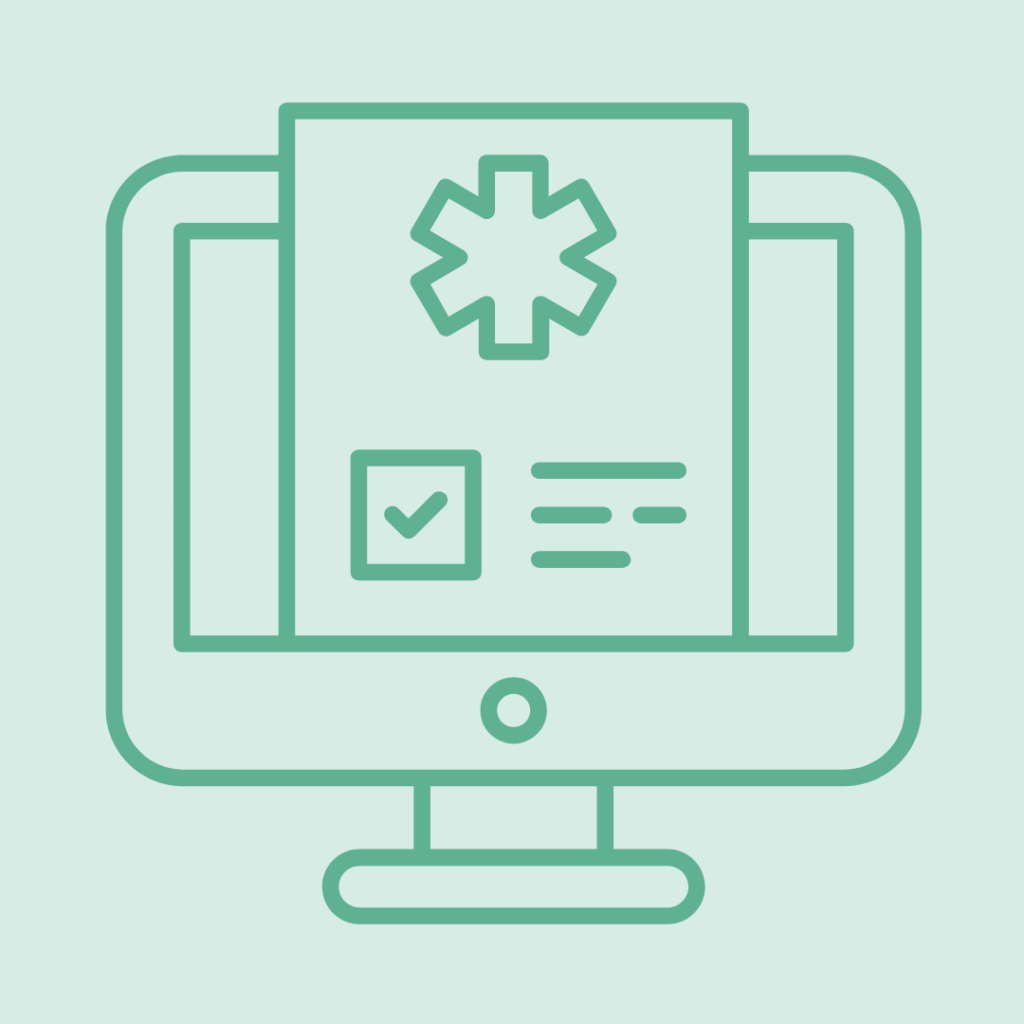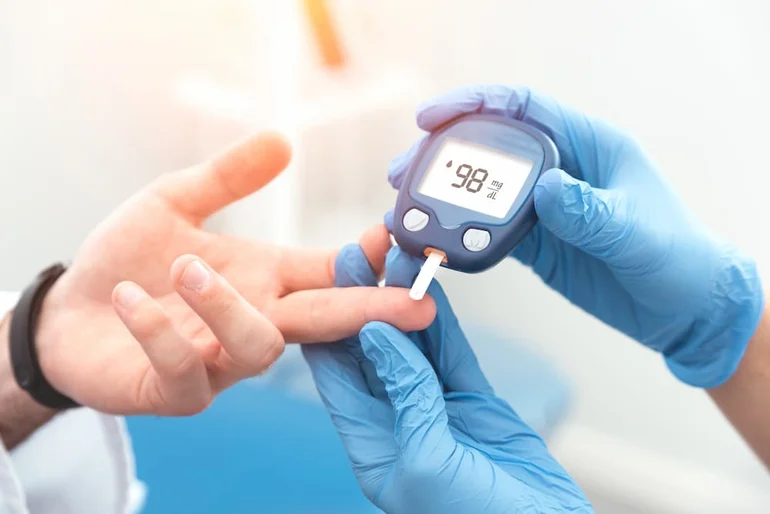Diabetes treatment
6am - midnight, 7 days a week
Accessible from anywhere in Australia.
eScript in minutes
Medication delivery

What is Diabetes
Diabetes is a chronic condition that affects how the body processes blood sugar (glucose). It occurs when the body either doesn’t produce enough insulin or cannot effectively use the insulin it produces. There are three main types of diabetes: Type 1, Type 2, and gestational diabetes, each with different causes and risk factors.
Diabetes Treatment Options

Online Prescriptions
- For when your script has run out
- Script sent to your phone
- Doctor approved

Telehealth Consultations
- When you need to speak to a doctor
- Online, Video & Phone Call or Message
- Fast access to medical advice
Medical Certificates
- For when your script has run out
- Script sent to your phone
- Doctor approved
Diabetes Symptoms
Symptoms of diabetes can vary depending on the type but often include:
- Frequent urination
- Excessive thirst
- Unexplained weight loss
- Extreme fatigue
- Blurred vision
- Slow healing wounds
- Increased hunger
- Numbness or tingling in hands and feet (Type 2 Diabetes)

Need a Specialist Referral?Get Yours in a Few Simple Steps!
Skip the long clinic waits and get referred to a specialist in minutes. The process is fast, secure, and simple.
- Quick access to specialist referrals – no in-person appointments needed
- Telehealth consultations with trusted, licensed doctors
- Fast, reliable service – referrals sent directly to your chosen specialist
- Convenient and affordable healthcare from your home
- No hidden costs – just simple, upfront pricing
Understanding Diabetes
Explore the causes, symptoms, and complications related to diabetes.
Diabetes is caused by problems with how the body produces or uses insulin. Type 1 diabetes is often genetic or autoimmune, while Type 2 diabetes is commonly linked to lifestyle factors such as poor diet, lack of exercise, and obesity.
Symptoms include frequent urination, excessive thirst, fatigue, blurred vision, slow-healing wounds, and unexplained weight loss. In some cases, especially in Type 2 diabetes, symptoms may develop gradually or go unnoticed for years.
If left unmanaged, diabetes can lead to serious complications such as heart disease, kidney failure, nerve damage, vision loss, and increased risk of infections. Proper management through diet, exercise, medication, and monitoring is essential.

Frequently
Asked Questions
There are three main types of diabetes:
•Type 1 diabetes, an autoimmune condition where the body attacks insulin-producing cells in the pancreas, requiring lifelong insulin therapy.
•Type 2 diabetes, a more common form, where the body becomes resistant to insulin or does not produce enough of it, often associated with lifestyle and genetic factors.
•Gestational diabetes, which develops during pregnancy and typically resolves after childbirth, though it increases the risk of developing Type 2 diabetes later in life.
Symptoms can include increased thirst, frequent urination, extreme fatigue, unexplained weight loss, blurred vision, slow-healing wounds, and recurrent infections. Type 2 diabetes may develop gradually and go unnoticed for a long time, while Type 1 diabetes symptoms often appear suddenly.
Diabetes is diagnosed through blood tests that measure glucose levels. Common tests include the fasting plasma glucose test, hemoglobin A1C test (which indicates average blood sugar levels over the past two to three months), and oral glucose tolerance test.
The causes vary depending on the type of diabetes. Type 1 diabetes results from an autoimmune response where the immune system mistakenly destroys insulin-producing cells. Type 2 diabetes is influenced by a combination of genetic factors and lifestyle choices, such as poor diet, lack of physical activity, and obesity. Gestational diabetes occurs due to hormonal changes during pregnancy that affect insulin sensitivity.
Management depends on the type of diabetes but generally involves a combination of healthy eating, regular physical activity, blood sugar monitoring, and medication or insulin therapy. For Type 2 diabetes, weight loss and lifestyle changes can often improve blood sugar control. People with diabetes should work closely with healthcare professionals to develop a personalized care plan.
If poorly managed, diabetes can lead to serious complications, including heart disease, stroke, kidney disease, nerve damage, eye problems (such as diabetic retinopathy), and foot issues that may lead to amputation. Maintaining good blood sugar control reduces the risk of these complications.
While Type 1 diabetes cannot be prevented, Type 2 diabetes can often be delayed or prevented through a healthy lifestyle. Regular exercise, maintaining a healthy weight, eating a balanced diet low in sugar and refined carbohydrates, and monitoring blood sugar levels can all reduce the risk of developing Type 2 diabetes.
